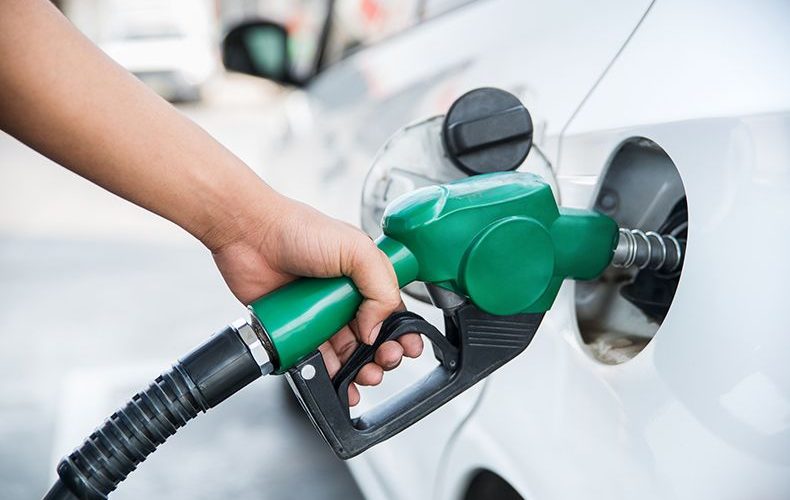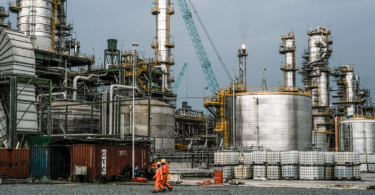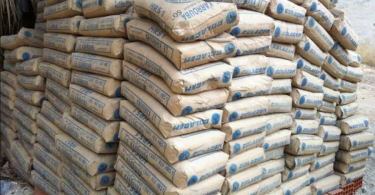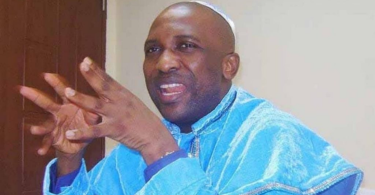As of November 13, 2024, Nigeria continues to grapple with significant challenges in its fuel sector, marked by escalating petrol prices and persistent fuel scarcity.
Recent Petrol Price Increases
The Nigerian National Petroleum Company Limited (NNPCL) has implemented multiple petrol price hikes in recent months. In October 2024, NNPCL raised the pump price of petrol in Abuja by 14.8%, from ₦897 to ₦1,030 per litre……..CONTINUE READING
Subsequently, in early November, prices were further increased to ₦1,060 per litre in Abuja and ₦1,025 per litre in Lagos.
Fuel Scarcity and Its Impacts
The nation is experiencing widespread fuel shortages, leading to long queues at filling stations and escalating transportation costs. This scarcity has exacerbated the cost of living crisis, with higher fuel prices contributing to increased prices of goods and services.
Government and Stakeholder Responses
In response to the crisis, the Nigeria Governors’ Forum (NGF) convened a meeting with the NNPCL’s Group Managing Director, Mele Kyari, and the Director-General of the Department of State Services (DSS) to address the ongoing fuel scarcity and associated security concerns.
Additionally, the Independent Petroleum Marketers Association of Nigeria (IPMAN) has indicated that the fuel scarcity may persist for at least two more weeks, citing supply chain challenges.
Public Reaction and Protests
The continuous increase in petrol prices and the enduring scarcity have sparked public outcry. Organized labor groups have expressed that the latest hike in petrol prices is pushing Nigerians to their limits, warning the government of potential unexpected reactions from the populace.
Massive protests have also erupted at NNPC Towers, with demonstrators demanding solutions to the fuel crisis and calling for the resignation of NNPCL’s leadership.
The Nigerian government and relevant stakeholders are under increasing pressure to implement effective measures to stabilize fuel supply and control escalating prices. The situation remains dynamic, with ongoing discussions aimed at resolving the crisis and mitigating its impact on the Nigerian populace..CONTINUE READING











